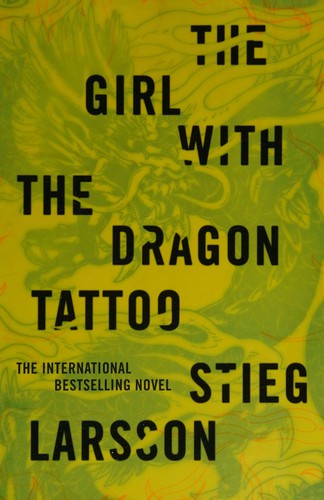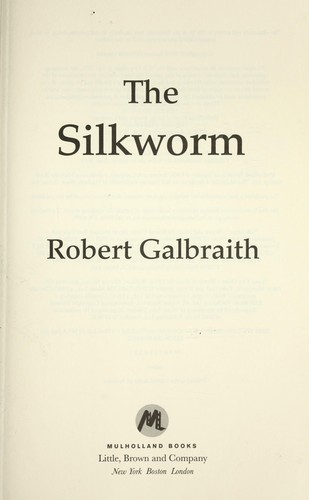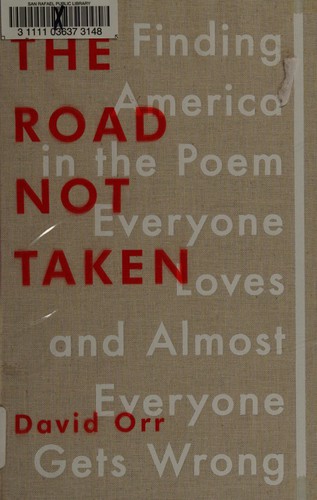SBWright reviewed The silkworm by J. K. Rowling (A Cormoran Strike novel)
Review of 'The silkworm' on 'Goodreads'
3 stars
The second of three Cormoran Strike novels, The Silkworm is the weakest of them, though perhaps that’s because I read Career of Evil prior to this and some of the tension that’s built up outside of the central plot in The Silkworm is undermined by knowledge of what happens in book three.
The Silkworm is still good crime fiction though. I did find the plot a more convoluted than book one or three and perhaps a tad unrealistic but to tell you the truth I enjoy having the killer revealed to me this time almost as much as I like trying to figure out who had done it.
If you enjoy reading about the rather cloistered world of traditional publishing and don’t mind a few swipes at the self-publishing market the The Silkworm certainly hits the required tension of a well paced crime thriller.
Despite knowing what happens to the …
The second of three Cormoran Strike novels, The Silkworm is the weakest of them, though perhaps that’s because I read Career of Evil prior to this and some of the tension that’s built up outside of the central plot in The Silkworm is undermined by knowledge of what happens in book three.
The Silkworm is still good crime fiction though. I did find the plot a more convoluted than book one or three and perhaps a tad unrealistic but to tell you the truth I enjoy having the killer revealed to me this time almost as much as I like trying to figure out who had done it.
If you enjoy reading about the rather cloistered world of traditional publishing and don’t mind a few swipes at the self-publishing market the The Silkworm certainly hits the required tension of a well paced crime thriller.
Despite knowing what happens to the main characters in book three, I still found Rowling’s characterisation enjoyable. I love the subtle sexual tension between Cormoran and Robin and the depth of characterisation provided.
I was unwell for most of the reading of this work and found just participating in the story enough of a buzz to keep reading.
It’s not necessary to read these books in order, they do stand well on their own. But as I have remarked previously, the best thing about the series is its central characters and their growth.
Great holiday reading.




















